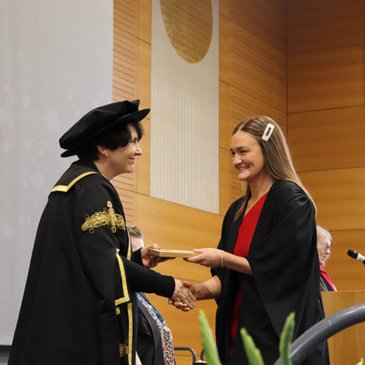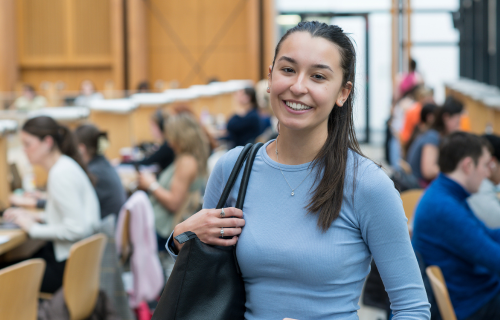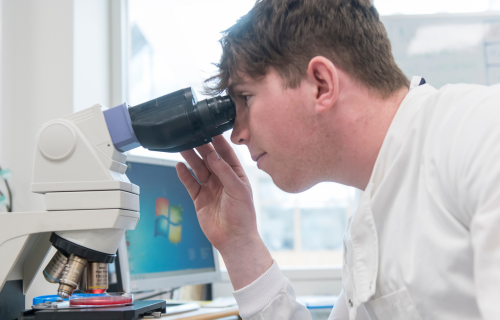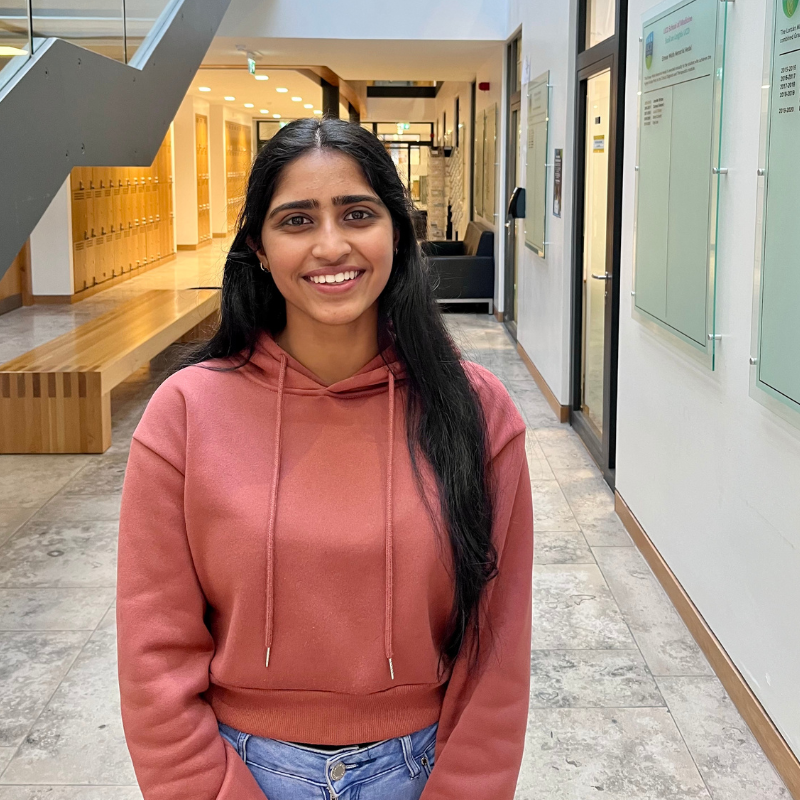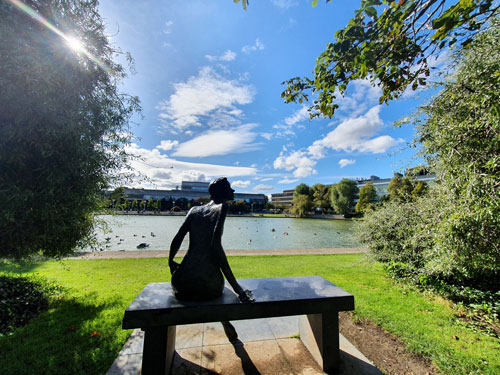First Year
- You will take modules in:
- Clinical Human Anatomy
- Translational Research
- Basic Tissues & Early Development
- Genetics
- Cell Biology
You will also start to learn about translational research and the influence of science and medicine on society.
Second & Third Year
You will continue with modules in
- Cell Biology,
- Biochemistry,
- Pharmacology
- Physiology.
You will also start to integrate modules focusing on specific diseases and disease processes, in order to learn more about the development of new, more effective means of diagnosing, treating and preventing illness.
Supporting modules include:
- Neuroscience
- Cardiac Biology
- Vascular Biology
- Renal Biology
- Endocrine Biology
- Pharmacology
- Biochemistry
- Microbiology
- Genetics & Proteomics
- Mechanisms of Disease
- Central Nervous System Diseases
- Introduction to Research
- Journal Club Laboratory Skills
- Biostatistics
- Bioinformatics
Fourth Year
You will build skills in biomedical research through interactions and research rotations with international researchers in a range of disease areas. These are undertaken within the School of Medicine and its affiliated teaching hospitals. There is also the opportunity to do your research project as part of the Erasmus exchange in Lund University which is a unique opportunity to experience another University and travel abroad. You will have the opportunity to be involved in peer-reviewed abstracts and publications, and to present at national and international meetings. The degree will develop your fundamental knowledge in the translation of scientific discovery into clinical utilisation.
You will take modules in:
- Ethics
- Advanced Neurochemistry
- Drug Discovery & Development
- Clinical Biomarkers
- Genetics, Disease & Behaviour
You will experience an innovative mix of learning methods including lectures, small group tutorials, research projects and laboratory-based learning. Assessment methods include end-of-trimester exams, continuous assessment, report writing, vivas and oral presentations.
View our video to find out more information about our (opens in a new window)Biomedical Health & Life Sciences degree.
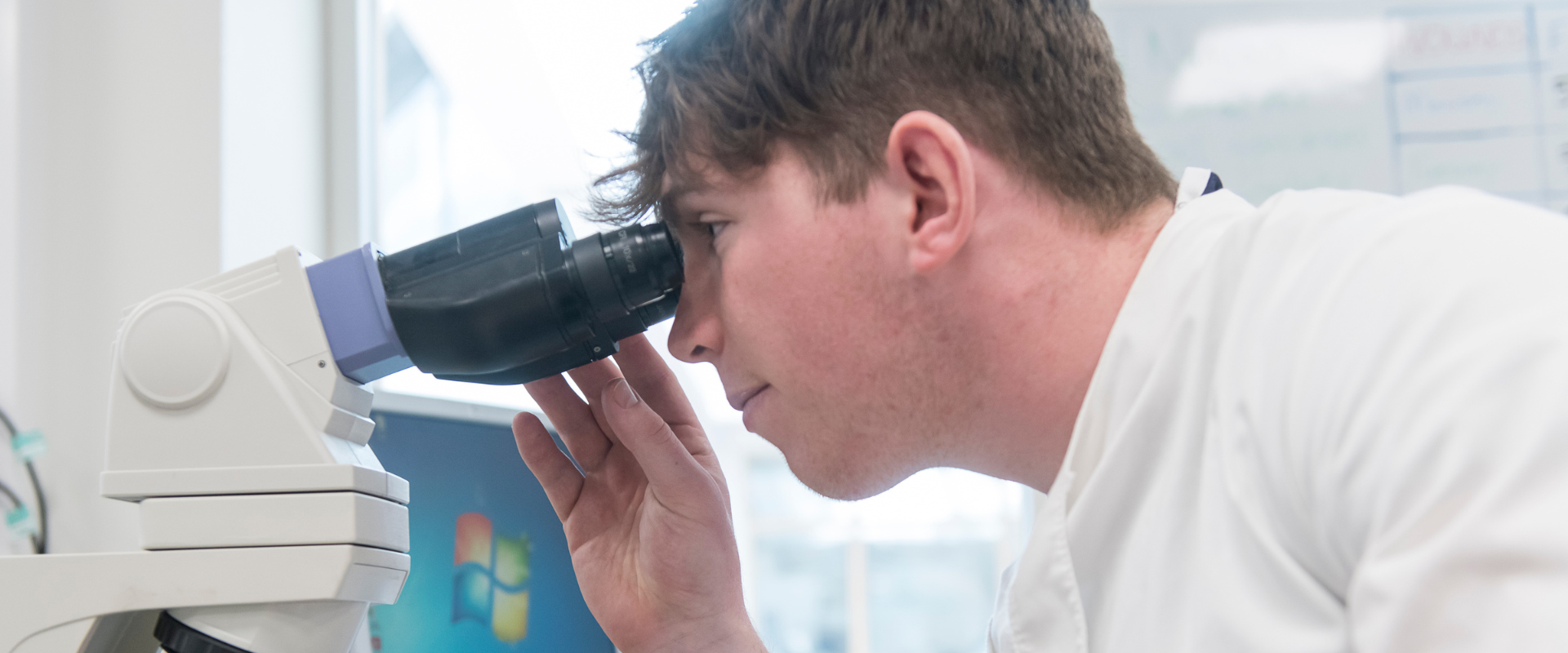

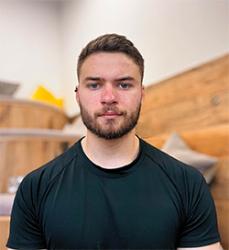 BHLS is an excellent choice for students like me who have a deep interest in science and research and a passion for the medical field. It provides a comprehensive understanding of the mechanisms behind human diseases and the ongoing research aimed at addressing them.
BHLS is an excellent choice for students like me who have a deep interest in science and research and a passion for the medical field. It provides a comprehensive understanding of the mechanisms behind human diseases and the ongoing research aimed at addressing them. 